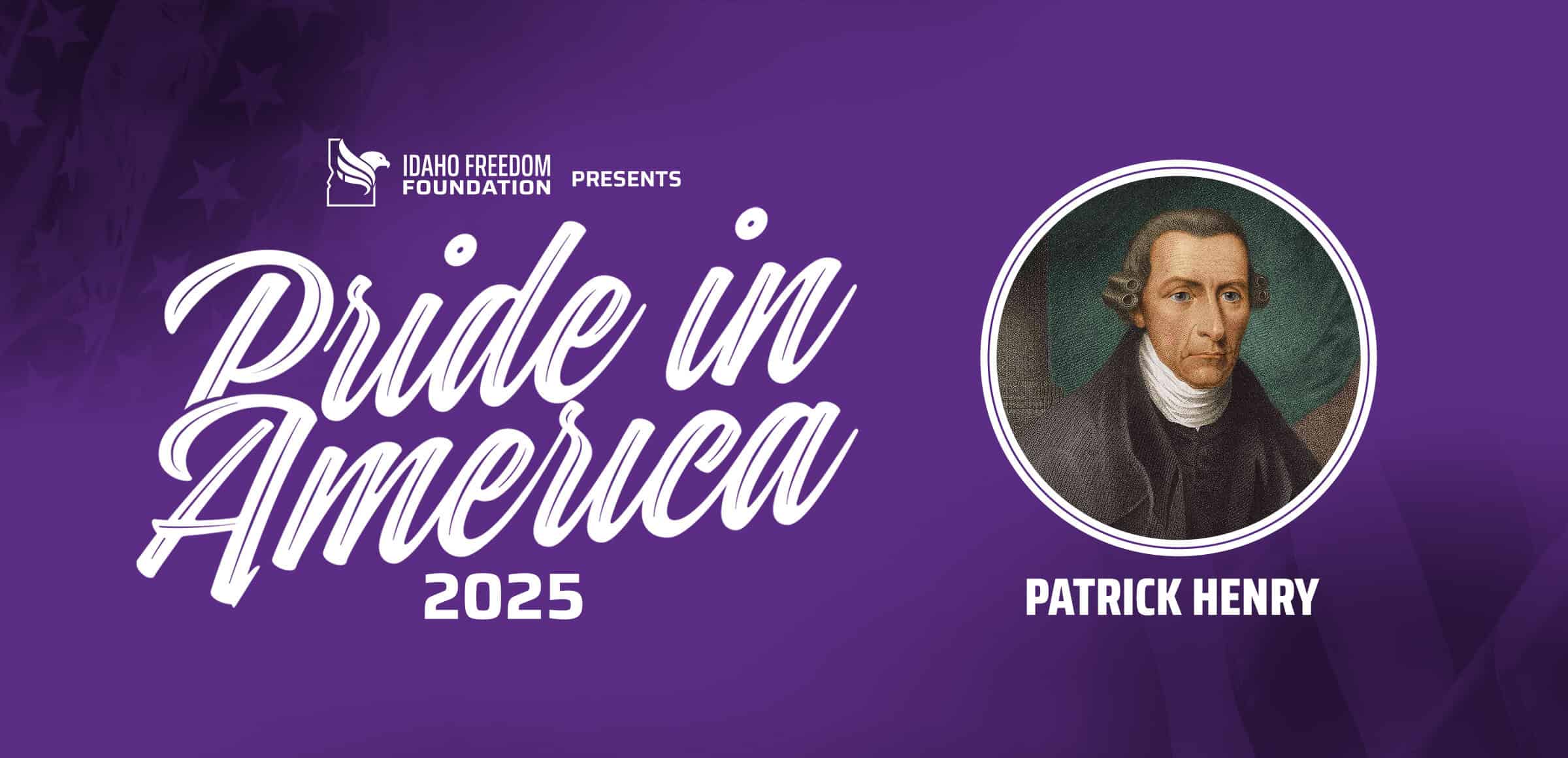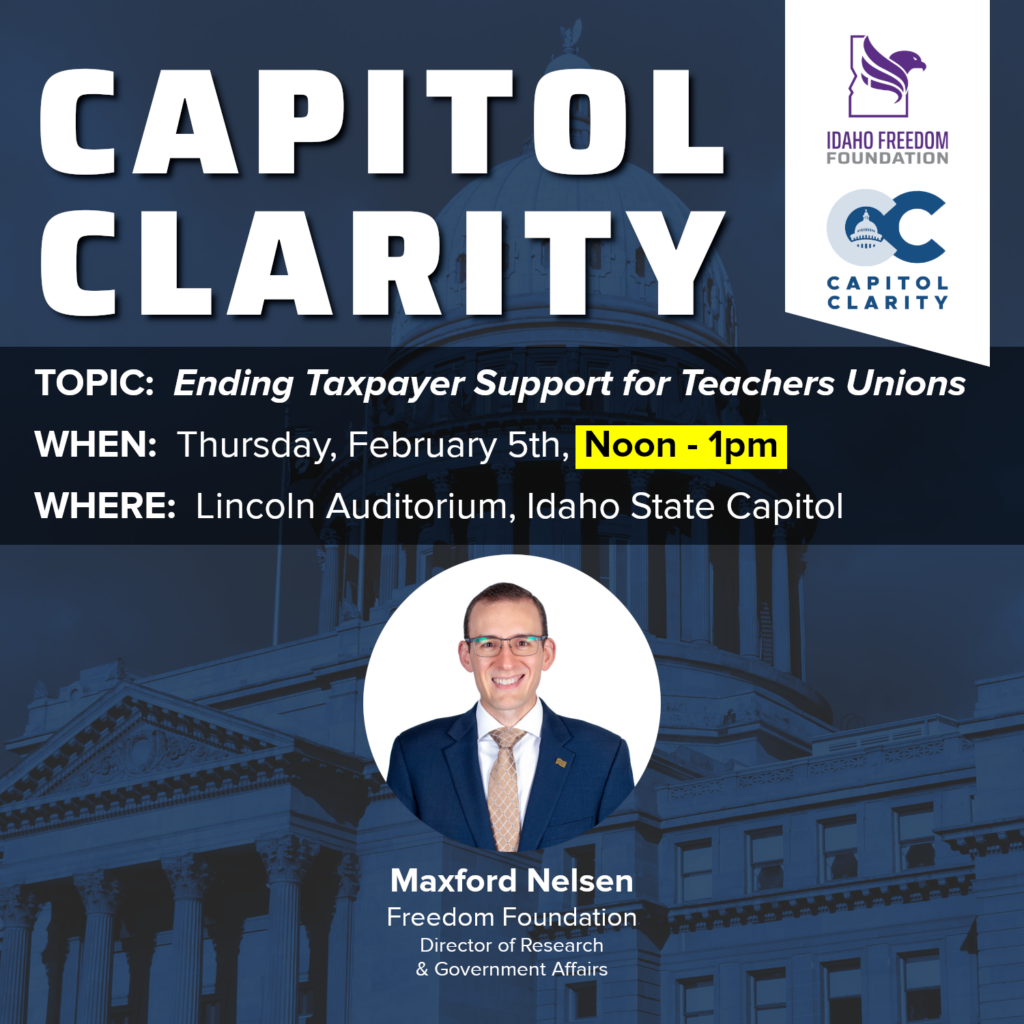


In celebration of our national heritage, we continue our Pride in America series by honoring Patrick Henry.
Patrick Henry was born on May 29, 1736 — the second of nine children — to prominent parents, John and Sarah Henry. Not to be outdone, he would go on to have seventeen children of his own, fifteen of whom survived to adulthood.
Henry was known and is remembered primarily for his fiery, rhetorically brilliant speeches. Fellow Virginian Thomas Jefferson — though no friend of Henry’s later in life — admitted, “I think he was the best humored man in society I almost ever knew, and the greatest orator that ever lived.” In Jefferson’s view, Henry “was certainly the man who gave the first impulse to the ball of revolution.”
These claims are hardly an exaggeration. In 1765, years before widespread support for independence, Henry, newly appointed to the Virginia legislature, delivered a masterful speech denouncing the Stamp Act, which imposed taxation without representation. Amid cries of “treason,” he retorted, “Caesar had his Brutus; Charles the First had his Cromwell; and George the Third may profit from their example. If this is treason, make the most of it!”
What seemed like the impulsive outburst of an impetuous, young politician proved to be a critical inflection point that sparked growing resistance to Britain. Henry quickly became a leader in the revolutionary movement and used his talents to inspire Americans to seek liberty from the Crown’s tyranny. In March of 1775, less than a month before “the shot heard ‘round the world,” he proclaimed perhaps the most famous words in American history: “I know not what course others may take, but as for me, give me liberty or give me death!”
After the War, Henry remained a staunch advocate of states’ rights against federal overreach. His powerful critiques of the new Constitution helped spur the creation of the Bill of Rights.
Patrick Henry’s legacy reminds us that liberty requires conviction and sacrifice. A comfortable life without freedom is no life at all. In an age marked by extensive government overreach, his life stands as a stirring example of how a vigilant citizen ought to respond.



